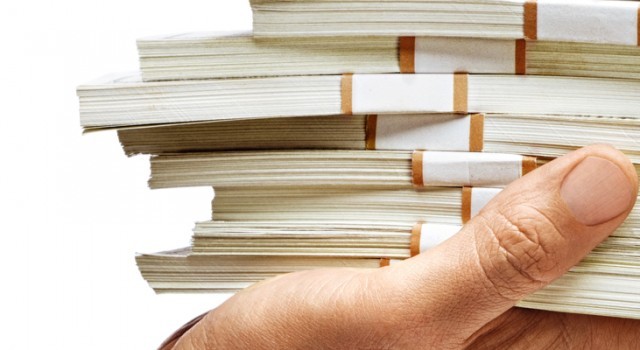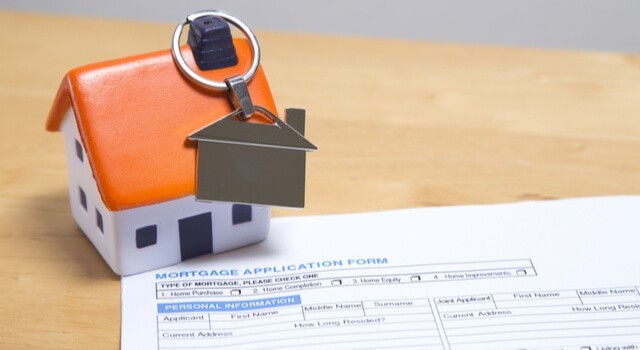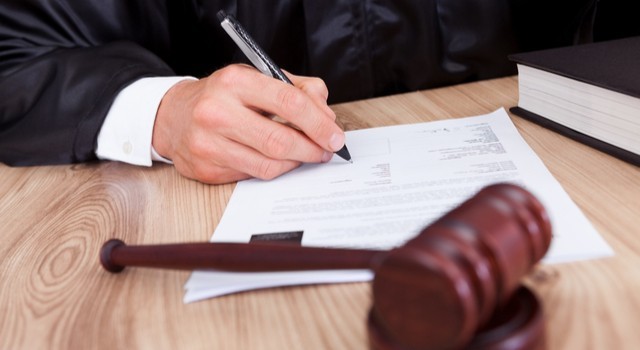It is easy to see why a trust deed and a deed of trust may be confused with each other, however, in reality they are entirely different things and you should know the differences between the two if you are considering entering into a trust deed or any other formal debt solution.
What is a trust deed?
A trust deed is a formal insolvency procedure for those struggling with their debts. In order to qualify for a trust deed your debts must be a minimum of £5,000 and you must have lived in Scotland for at least six months. A trust deed is a legal agreement which is entered into between yourself and your creditors which typically lasts 5 years. During this time, you will be required to make affordable monthly repayments which will be divided between your creditors. Your trust deed will be looked after by a trustee who will ensure your payments are paid to your creditors on a fair and proportional basis. After the trust deed comes to an end, any remaining debt will be wiped out and you will be debt free.
You will be able to include the majority of your debts in a trust deed, although certain things are exempt. Debts you cannot include are student loans, court fines, secured debt (such as a mortgage or a second charge), child maintenance (including arrears), and any debt which has accrued through fraudulent activity.
There are various advantages and disadvantages to a trust deed, all of which need to be considered before you go ahead. On the plus side, all interest will be frozen and creditors must direct all correspondence to the trustee managing the plan rather than yourself. This in itself can be a huge relief to those who may have spent months avoiding threatening phone calls and letters demanding payment. You are still able to have a bank account, and the payments you agree to make can be altered if you experience a drop in income or your circumstances change.
However, there are also downsides to this arrangement which you must bear in mind. If you fail to keep up with the agreed payments, your trustee can petition for your sequestration. You should remember that a trust deed will negatively impact your credit file, which could make it more difficult for you to obtain credit even after the trust deed comes to an end; this does not just mean loans and credit cards may be hard to secure, but you may also have problems when signing up to a mobile phone contract, paying bills by direct debit, and even requesting a cheque book from your bank.





